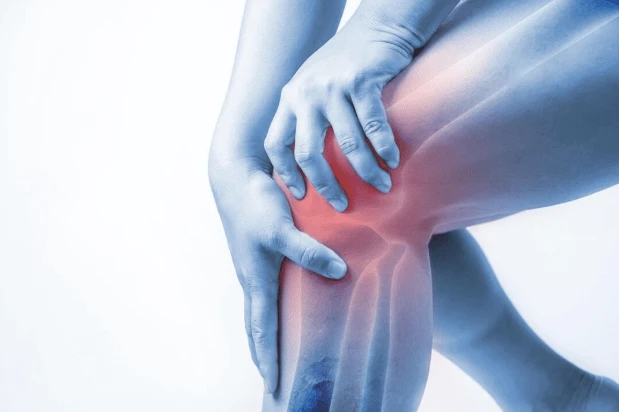Knee pain can result from a variety of factors, including injuries, overuse, or medical conditions, and can pose a significant obstacle in day-to-day living. Let’s explore the realm of knee pain, including its various causes, scientific justifications, and available treatments.
Understanding Knee Pain: Causes and Impact on Daily Life
The knee, a complex joint, is vulnerable to numerous injuries and conditions that can lead to discomfort and hinder everyday activities. Here are some common causes:
Muscle Strain & Exercise-Related Injuries
Overexertion: During workouts or exercise sessions, pushing past your body’s limitations can cause straining in the muscles surrounding your knees.
Incorrect Form: Using incorrect form when exercising can put undue strain on the knee and cause injuries. Please see this website for the very best knee injury treatment.
Previous Injuries
Lingering Effects: Past injuries like ligament tears (ACL, MCL), fractures, or meniscus tears can cause chronic knee pain, especially if not fully healed or rehabilitated.
Weight and Lack of Exercise
Excess Weight: Being overweight puts stress on the knee joint and raises the risk of experiencing pain.
Weakness & Lack of Exercise: The muscles that support the knee can become weaker due to insufficient exercise.
Specific Injuries and Conditions
ACL/MCL Injuries: Tears in these ligaments are common in sports, leading to instability and pain.
Fractures: Broken bones around the knee can cause acute pain and restrict mobility.
Torn Meniscus: A tear in the meniscus, the cartilage cushioning the knee, can cause pain and limited movement.
Patellar Tendonitis (Jumper’s Knee): Overuse of the patellar tendon, often from repetitive jumping, can cause pain and tenderness.
Arthritis: Degenerative joint diseases like osteoarthritis or rheumatoid arthritis can lead to chronic knee pain and stiffness. For more top quality articles please see here.
Scientific Insights into Knee Pain
Ligament Injuries (ACL/MCL):
ACL: An anterior cruciate ligament tear can cause severe pain, swelling, and instability due to the ligament’s crucial role in stabilizing the knee.
MCL: Medial collateral ligament injuries can cause pain on the inner side of the knee, impacting stability.
Meniscus Tears:
Mechanism: Twisting or sudden movements can lead to meniscus tears, resulting in pain, swelling, and locking of the knee.
Arthritis:
Osteoarthritis: Wear and tear of joint cartilage lead to bone-on-bone friction, causing pain and stiffness.
Rheumatoid Arthritis: An autoimmune condition where the body’s immune system attacks the joint, leading to inflammation and pain.
Treatment Approaches
R.I.C.E (Rest, Ice, Compression, Elevation):
Initial care for acute injuries to reduce swelling and pain.
Physical Therapy & Exercise:
Strengthening exercises can improve knee stability and alleviate pain.
Medications & Injections:
Pain-relieving medications or corticosteroid injections may offer relief for some conditions.
Surgery:
In severe cases or certain injuries like ligament tears or advanced arthritis, surgery might be necessary for repair or replacement. For Government info please see here.
Lifestyle Modifications:
Weight management and maintaining an active lifestyle can prevent further strain on the knees.
To sum up knee pain, whether from injury or a chronic condition, can significantly impact daily life. Understanding the causes and seeking appropriate treatment, including lifestyle adjustments, physical therapy, or medical interventions, is crucial for managing and alleviating knee pain to regain mobility and quality of life.




